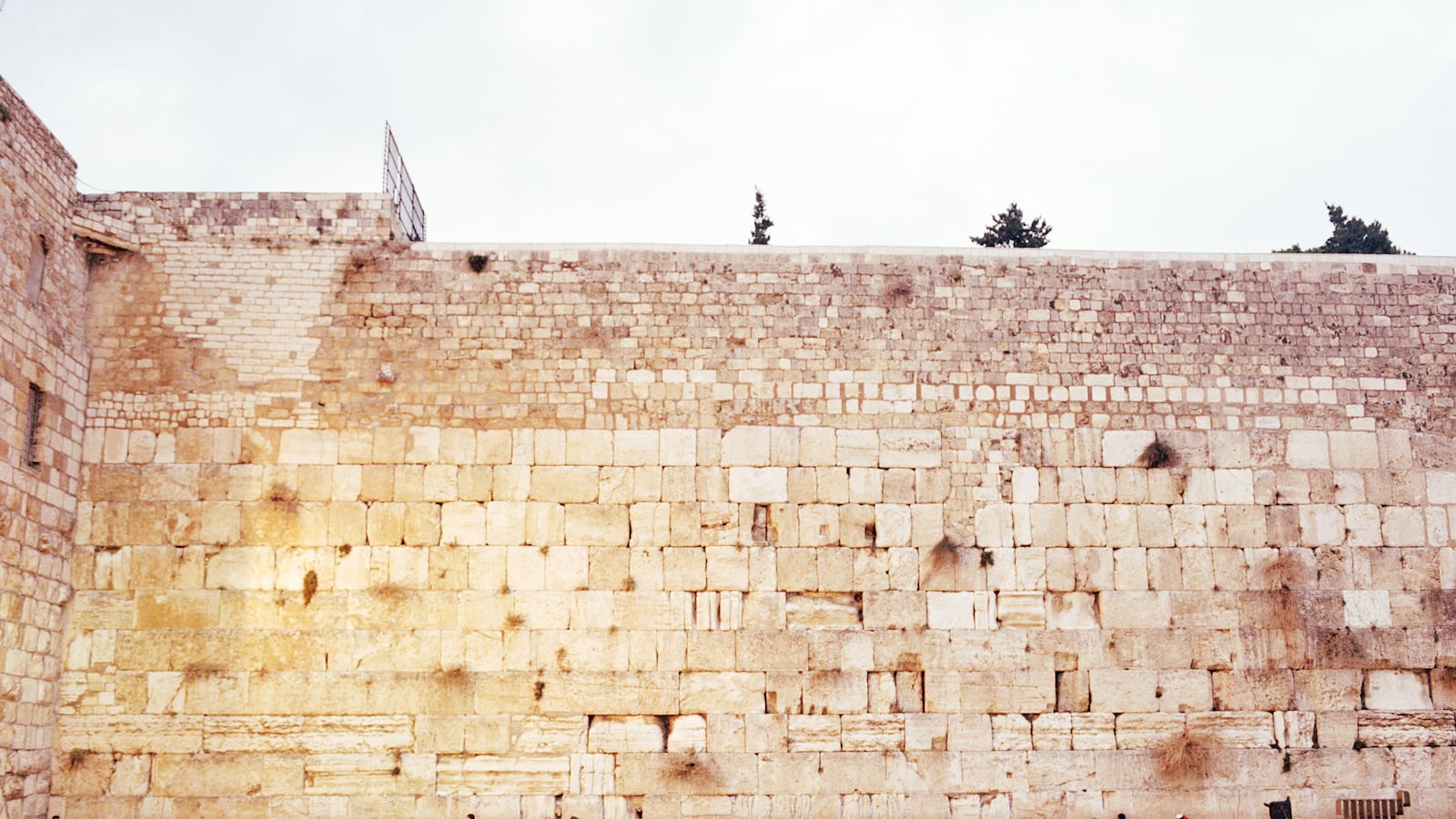Only two months after the Six Day War, which witnessed the return of the Jewish people to the Old City of Jerusalem, Jews across the world once again gathered to commemorate and mourn the loss of the Temple in 70 CE. It was the 9th Day of Av and North American Jewry was marching to synagogue, where they would sit on the floor in sackcloth and remind God that “Jerusalem… laid waste, despised and desolate.” As Jews wailed and cried for a barren Jerusalem, a young rabbi living in Montreal, Canada, restlessly watched this theater of the absurd. He grew more annoyed as the macabre scene continued over the course of the day. What on earth were these people talking about? Did they realize that world history had been radically transformed? Did they not understand the daunting opportunities and challenges that now stood in front of the State of Israel? Finally, David Hartman picked himself up, moved to his pulpit, and asked the cantor to please stop praying.

“I have something to tell all you,” Hartman announced. A puzzled cantor lifted his head up and a bewildered congregation turned their eyes to their leader. “I want you all to know that the Jewish people are singing and dancing in the streets of Jerusalem while you are sitting here and crying.” A few years later Hartman and his family immigrated to Israel and learned first hand that not everyone was singing and dancing in the streets of Jerusalem. Deep political strife still crippled the Jewish State, and its Palestinian inhabitants were being terribly mistreated. But the streets certainly were not desolate and the return of Jews to Zion meant confronting the spiritual and ethical challenges of power and politics.
When David Hartman passed away on Saturday the world lost one of the most innovative religious thinkers of this past generation and undoubtedly the most influential Jewish thinker since the death of his teacher Rabbi Joseph B. Soloveitchik in 1993. Hartman’s philosophical contribution to Judaism and Western life can be understood as follows: he inserted into Judaism the revolutionary and radical impulses of Zionism, and conversely he reminded Zionism of the ethical, moral, and sober voices of the rabbinic tradition.
Other Jewish thinkers before Hartman had sought to create a hybrid, a shatnez of sorts, marrying religion to nationalism. For them, Judaism and nationalism were totally compatible, each complementing the other. The Bible was a nationalist document, the Israelites were Israelis and the modern Jewish State was the fruition of a messianic dream. Hartman broke with that worldview. He was not interested in compromising on the strengths or covering up the deficiencies of either Judaism or nationalism. To the contrary, he believed each could offer a corrective to the other. Judaism’s weakness was its passivity and inability to address peoples’ day-to-day experiences; nationalism’s shortcoming was that it could become idolatrous, fetishizing the survival of a people over the concerns of humanity and one’s ethical obligations. The return of Jews to Zion demanded that they reconsider the nature of Judaism; Zionism’s attachment to the Jewish people meant that it had to live up to a moral and ethical ideal.
I met Hartman when I was twenty years old, fresh out of yeshiva in Israel and in my first year at Manhattan’s Yeshiva University. By that time, Hartman had already been celebrated in Tom Friedman’s From Beirut to Jerusalem as the last great prophet of peace and pluralism in Israel and had already cultivated a group of students whose impact was beginning to be felt widely and deeply in Jewish communal and academic circles. Still there was nothing that the master enjoyed more than a good argument with a young yeshiva student. It was in those arguments that I, and countless others, found their place in the drama of Jewish history. But for Hartman Judaism was never about the kind of challenging and critiquing that paralyzed two thousand years of rabbinic life; it was not about giving lip-service to asking profound questions but then not having the guts and resolve to live with spiritually painful and existentially wrenching answers. For Hartman Judaism was about having the confidence and self-assertiveness not only to ask, but to answer, build, create, and originate.
As we mourn the loss of this master it’s important to recall how little patience he had for what had been lost and his deep investment in what the future might hold. I recall Hartman telling me how horrified he was when Pope John Paul II visited the Holy Land in 2000 and, like all dignitaries, he was taken first to Yad ve-Shem (the Holocaust memorial). “Is death and loss all we have to show for ourselves?” I asked, “Where would you take him instead.” “I would take John Paul to the maternity ward at Hadassah hospital and let him know that Jews didn’t just die and wander about aimlessly in the world. They are alive and flourishing." While Hartman is no longer with us, the books he wrote, the students he cultivated, and the institution he built give testimony not only the survival of a people, but to the flourishing of Judaism in modern western life.






